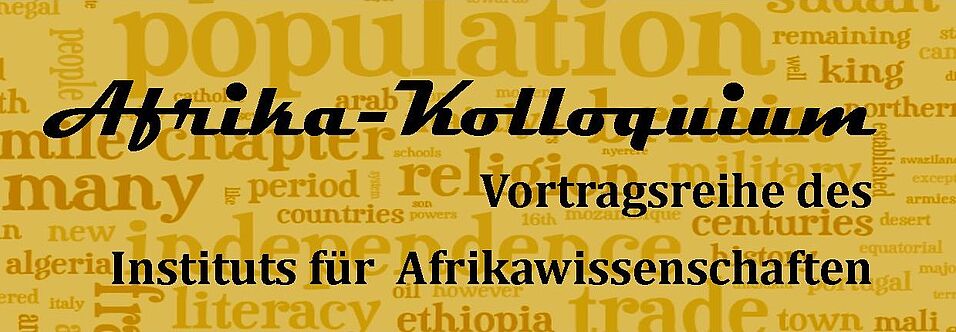SEGMENTAL AND PROSODIC STRUCTURES IN ESAHIE
Ms. Victoria Owusu Ansah, Department of Linguistics
Studies show that one quarter of the world’s languages are spoken in Africa, yet most of these languages remain unstudied nor fully described (Diamed 1997; Blench 1998). This may have driven Chrystal (2000) to caution that most languages will be in extinction by 2020, hence the need for inter-generation transmission to help preserve them. One such means of preservation is documentation. Sadly, for Esahie, a Kwa language with over 580,000 speakers (2010 National Population Census) located in the Western region of Ghana, not much documentation is available, compared to other languages such as Akan, Ga, Ewe and Nzema. Accordingly, using the qualitative research methodology, this study seeks to investigate the principles that underlie and therefore regulate the organization of segmental and prosodic units in Esahie. The study discusses the inherent features of Esahie sounds and the constraints on their distribution and sequencing, and establishes the repair strategies available in Esahie grammar for dealing with impermissible sound distributions and sequences. It also discusses the tonal structure of nouns and verbs, as well as the tonal processes that occur when tones interact, and their impact on lexical and grammatical patterns in the language.
PATTERNS OF SOCIAL INTERACTIONS IN TRANSNATIONAL FAMILIES IN GHANA IN THE CONTEXT OF INNOVATIONS IN INFORMATION COMMUNICATION TECHNOLOGIES (ICTs)
Ms. Esther Asenso-Agyemang, Department of Sociology
When migrants move from home, they do in fact continue to maintain ties with their relations back home through media enabled by innovations in Information Communication Technologies. These media forms have evolved from letters and audio tapes delivered through human couriers, to instantaneous multi-media exchanged over the internet and mobile phones. These ‘mediated’ forms of interactions beyond instantaneous face-to-face exchanges need to be problematized as they stretch beyond traditional forms of social interactions. Additionally, studies on migration focusing on developing countries’ emigrants have overemphasised their economic motives and vulnerabilities at the neglect of their affective and relational bonds. These are gaps that this current study seeks to address, by focusing on how transnational families in Ghana interact over changing ICT media forms, and the implications these routes of social exchanges have on these families. The study employs a mixture of qualitative methodologies to explore these dynamics in two high migration zones in Ghana – Accra and Nkoranza, with the later known as a sending zone for irregular migrants and the former as the cosmopolitan hub of Ghana.

